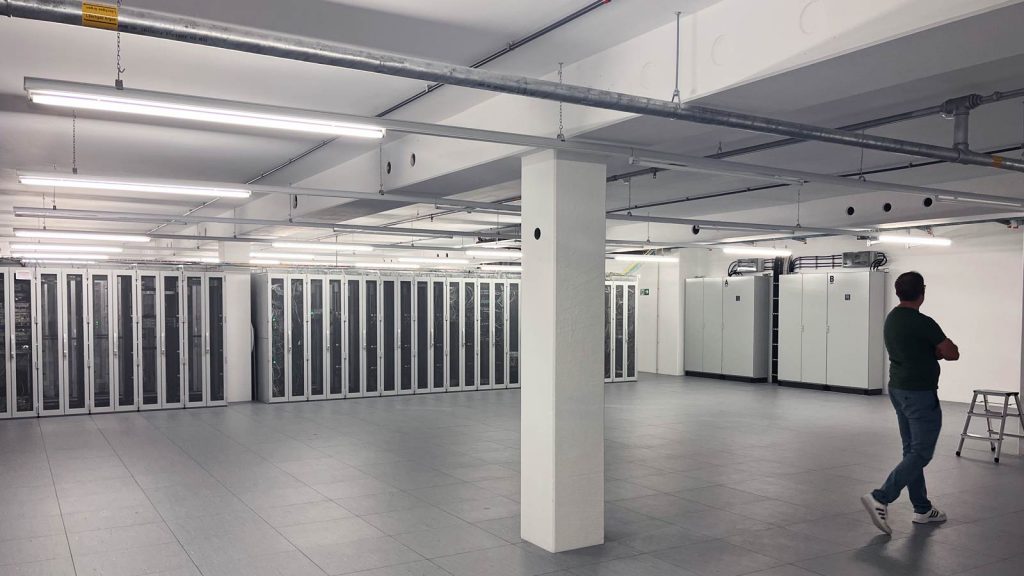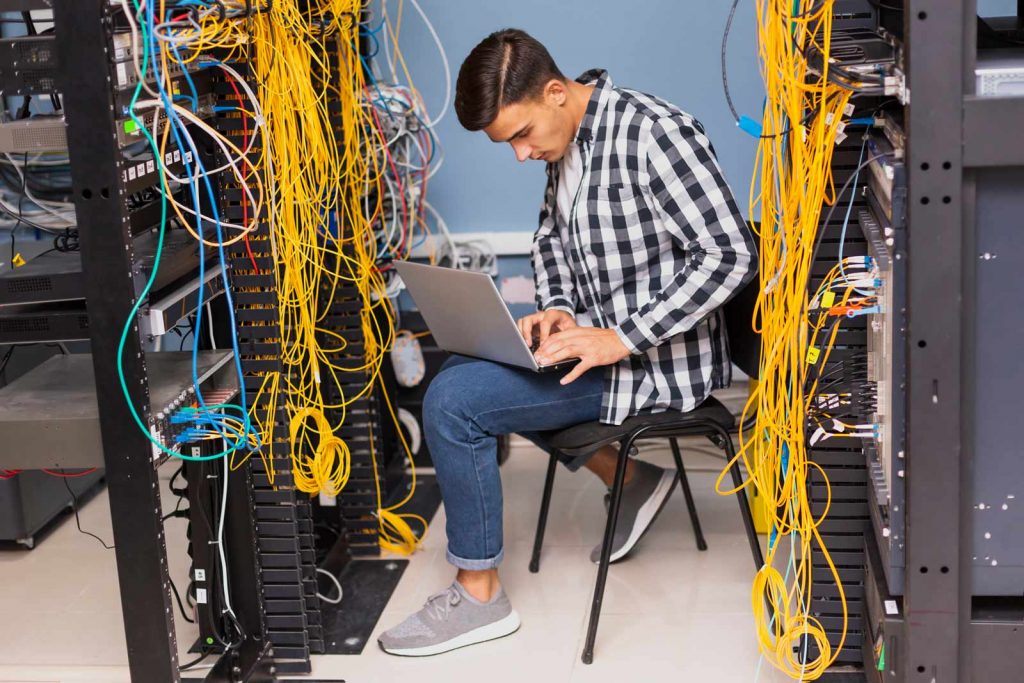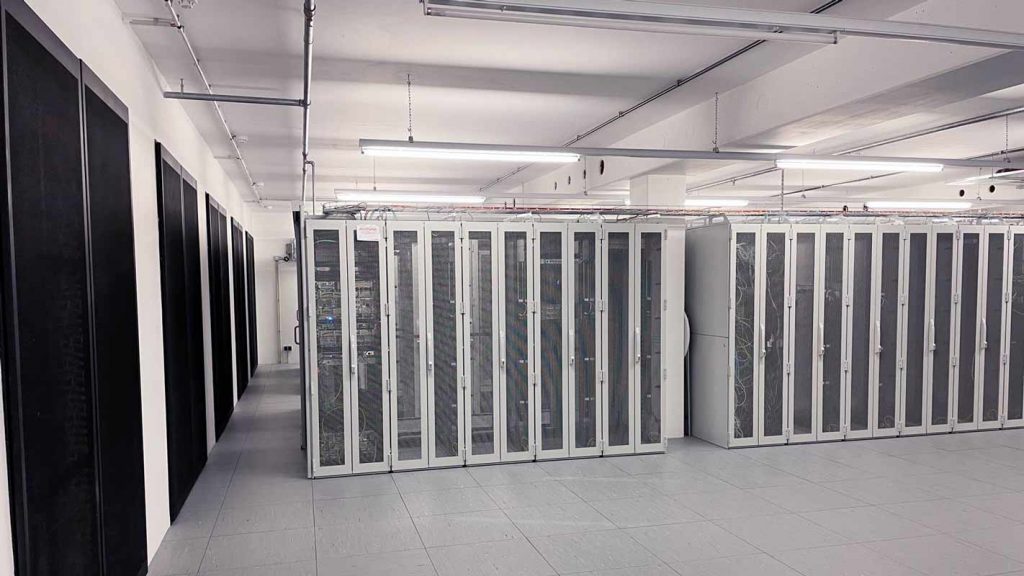What is the OCP Global Summit?
The Open Compute Project Foundation has been around for twelve years. The Open Compute Project (OCP) Summit is the largest gathering of Open Compute evangelists and is held twice a year - the OCP Regional Summit is held in Europe in the spring and focuses specifically on challenges and solutions in that region, while the OCP Global Summit is held annually in San Jose, California in the fall. At the Global Summit, OCP Foundation members present the latest developments and innovative projects. Central themes of this year's Global Summit had been sustainability, tighter integration of hardware and software, and accelerating systems.
As a preliminary conclusion, it can be said that the Open Compute Project and its community continue to be on the upswing - there were over 3500 attendees on site, making it the largest summit to date. The OCP community now has about 300 members and over 5,000 active participants. The Open Compute market grew 12.5 percent to $18 billion in 2021 - slowed somewhat by COVID-19. The market size is forecast to reach $36 billion in 2026.
Interesting numbers about the OCP Foundation were announced by its CEO, George Tchaparian, in his keynote speech. Since the publication of the building requirements for OCP-compatible colocation ("Colocation Facility Guidelines for Deployment of Open Racks") in 2020, eight co-location sites have been certified. In addition, there are now 11 "OCP Experience Centers." Here, partner members present or demonstrate their application path for other OCP interested parties through their own show cases. All OCP Experience Centers are currently located in the EMEA region. Six more are planned internationally.
Several keynotes at the Summit emphasized that. the days of Moore's Law and the illusion of infinite growth are numbered be. Reminder:
Moore's Law states that the number of transistors that can fit into an integrated circuit of a fixed size doubles approximately every 2 years.
However, Moore's Law is not a law of nature. In the future, the further growth of data centers and the volumes of data processed there is likely to depend not only on new, increasingly inexpensive technologies, but also heavily on the speed of innovation in the area of software to accelerate and increase efficiency and a decoupling from resource scarcity through circular loops for IT infrastructure.
Sustainability is now 5th principle of OCP
Sustainability will become the new, overarching fifth principle for the OCP Foundation, alongside the four previous principles of efficiency, impact (importance for the development of the industry), openness and scalability. To this end, annual reports and a roadmap, as well as new projects, will be included in the work of the Open Compute Community.
The OCP Foundation has launched a series of sustainability projects that are being advanced in an integrated manner in eleven existing projects, such as in the area of servers, cooling systems, data center facility management. For example, the "Cooling" project is conducting intensive research into the causes of and solutions for low adoption of immersion cooling, cold plates and waste heat recovery in the data center. Liquid or immersion cooling can achieve significantly lower power usage effectiveness values (PUEs) of 1.05. This means that only 5 percent energy needs to be applied to the supporting IT infrastructure because a large part of the infrastructure overhead, such as energy-intensive fans, is eliminated. With air cooling, only PUE values of 1.2-1.3 can be achieved in the best case. Another advantage is that, ironically, water consumption is also significantly lower with immersion or water cooling compared to conventional air-water cycles, which could be decisive especially with increasing water scarcity.
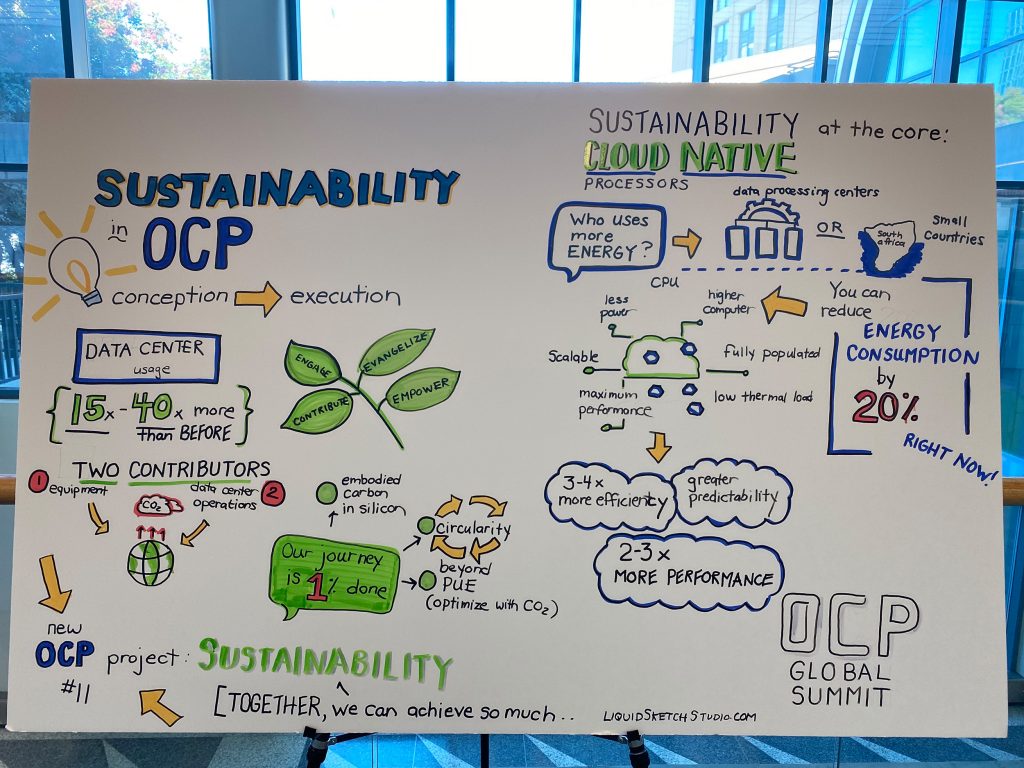
"Hardware Aware Software" - The Fusion of Hardware and Software
Another significant development within the Open Compute world are new cooperation projects between OCP and the Linux Foundation. The cooperation of hardware and software development serves on the one hand to improve the resilience of running systems. However, "Hardware Aware Software" also enables enormous efficiency gains and thus sustainability improvements for optimized use of existing compute, memory and networking resources, as well as workload acceleration. Compute-intensive technologies such as machine learning (ML) and artificial intelligence (AI), but also efficient data encryption and compression, which are currently still held back by limits in the area of RAM and network capacity, would thus be better supported in the future. Open Compute could thus become the standard for many future technologies.
The modern data center of today
The OCP Summit 2022 provides a clear vision of what modern data centers will look like in the future and, in some cases, already look like today:
- Modular: OCP is leading the development of the DC-MHS (Data Center Modular Hardware System) standard. Members such as Dell, Intel, Google, Meta, HP, Microsoft and AMD are collaborating on a standard for a building block system of hardware components that enable a circular raw material cycle and better scalability.
- Sustainable: OCP servers save energy and are built in a resource-saving way due to a reduced design. Furthermore, there are many integrated approaches for better cooling, such as the immersion cooling mentioned above.
- Resilient: Improved integration of hardware and software and the further development of the Software Defined Datacenter reduce vulnerability to disruptions and increasing attacks on system-relevant infrastructures.
Why a rethink towards the circular and sustainable data center is urgently needed is made very clear by "DJ", Darmesh Jani, in his keynote. Because by switching from conventional to renewable energy sources, which some data centers have already done, the upstream Scope 3 emissions - those for hardware, supporting infrastructure and buildings - become the all-dominant factor for the CO2 footprint of data centers. The upstream share of CO2 equivalents is rising from 35 percent previously to 82 percent of the emissions generated now.
Conclusion and outlook
- Interest in open compute hardware continues to grow.
- OCP, with its end-to-end vertical approach, is very well positioned to solve scaling and sustainability issues that data centers face today. e.g., in water cooling and Hardware Aware Software.
- Sustainability becomes the 5th OCP principle and will make the adoption of Open Hardware in the area of climate-friendly IT even more attractive.
- Adoption in Enterprise and Government will also increase to avoid dependency on single suppliers or also to reduce power costs (Disrupted Supply Chains / requirement of Government: Openness, expensive power costs: cost savings, sustainability, scalability in Cloud and Dedicated area
- Resilience gains may be another adoption reason for Open Compute.
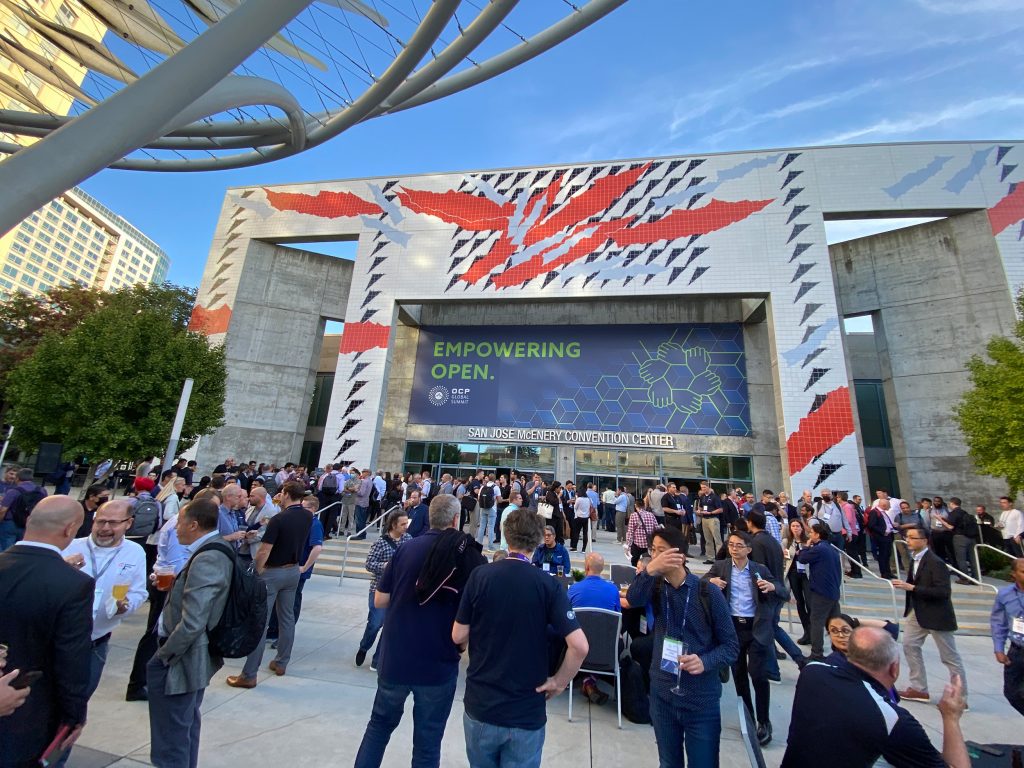
More links
Special features of OpenCompute Servers - How OCP hardware differs from classic hardware
Scaleup becomes official member of the Open Compute Foundation

